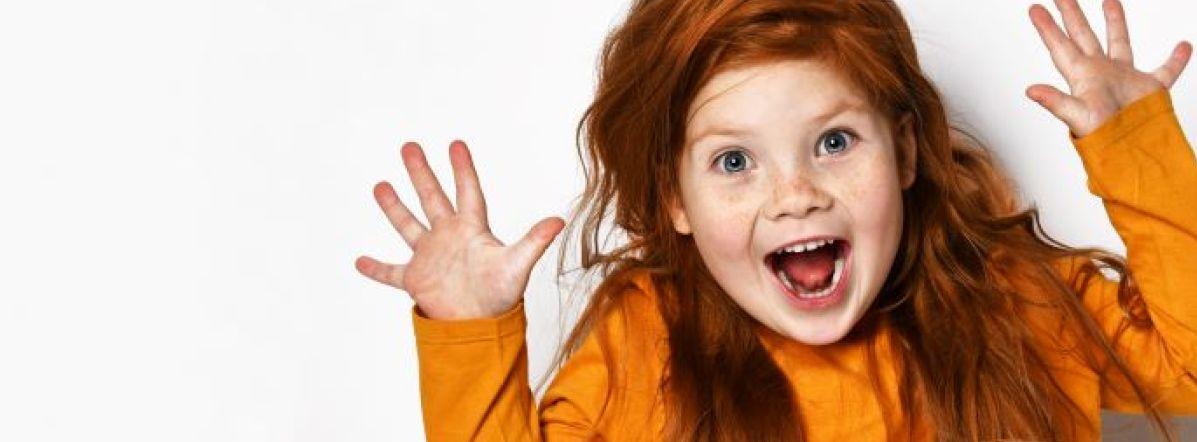How many children an individual may have is influenced by reproductive biology and human behaviour, according to the largest study to date, which identifies genetic determinants. The study, led by researchers at the Leverhulme Centre for Demographic Science, Universities of Cambridge and Pennsylvania, also identified that the human genome has been influenced by natural selection for thousands of years and continues to affect fertility today.
In the video below, co-author and Director of the Leverhulme Centre for Demographic Science, Professor Melinda Mills outlines the findings of this ground-breaking study published in Nature Human Behaviour.
Professor Melinda Mills comments, ‘This study is of interest to understanding changes in human reproduction over longer periods of time, reproductive biology and potential links to infertility.’
‘It also empirically tests one of the most gripping and fundamental questions asked by scientists across many disciplines and decades: Is there evidence of ongoing natural selection in humans and, if so, what is it and how does it operate?’
The major study, published in Nature Human Behaviour, used data from 785,604 individuals of European ancestry, including individuals in the UK Biobank study, to identify 43 regions of the genome containing genetic variants associated with reproductive success, defined as the number of children ever born to an individual.



